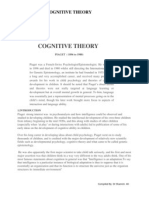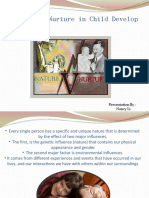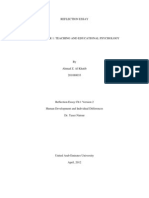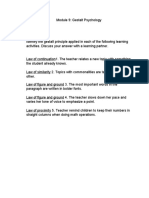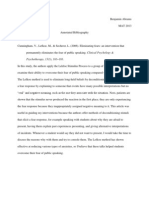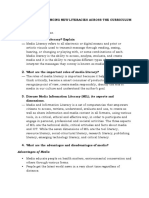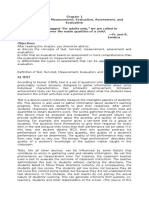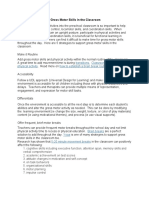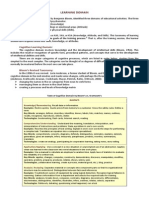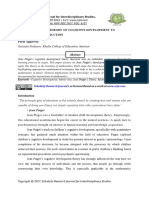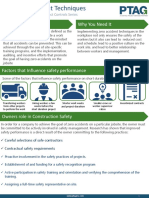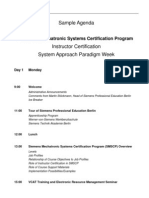0% found this document useful (0 votes)
457 views12 pagesAssessment Task - Reflection 2
This document discusses a reflection assignment for a developmental theories class. It provides two reflection questions for students to answer based on what they learned. For the first question, the student discusses learning about cognitive, psycho-social, and lifespan developmental theories including Piaget, Vygotsky, Erikson, and Maslow. For the second question, the student elaborates on how Piaget and Vygotsky's cognitive development theories have taught them the most for teaching due to concepts like scaffolding, zone of proximal development, and differentiated instruction.
Uploaded by
Norzan FizaCopyright
© © All Rights Reserved
We take content rights seriously. If you suspect this is your content, claim it here.
Available Formats
Download as PDF, TXT or read online on Scribd
0% found this document useful (0 votes)
457 views12 pagesAssessment Task - Reflection 2
This document discusses a reflection assignment for a developmental theories class. It provides two reflection questions for students to answer based on what they learned. For the first question, the student discusses learning about cognitive, psycho-social, and lifespan developmental theories including Piaget, Vygotsky, Erikson, and Maslow. For the second question, the student elaborates on how Piaget and Vygotsky's cognitive development theories have taught them the most for teaching due to concepts like scaffolding, zone of proximal development, and differentiated instruction.
Uploaded by
Norzan FizaCopyright
© © All Rights Reserved
We take content rights seriously. If you suspect this is your content, claim it here.
Available Formats
Download as PDF, TXT or read online on Scribd
/ 12








